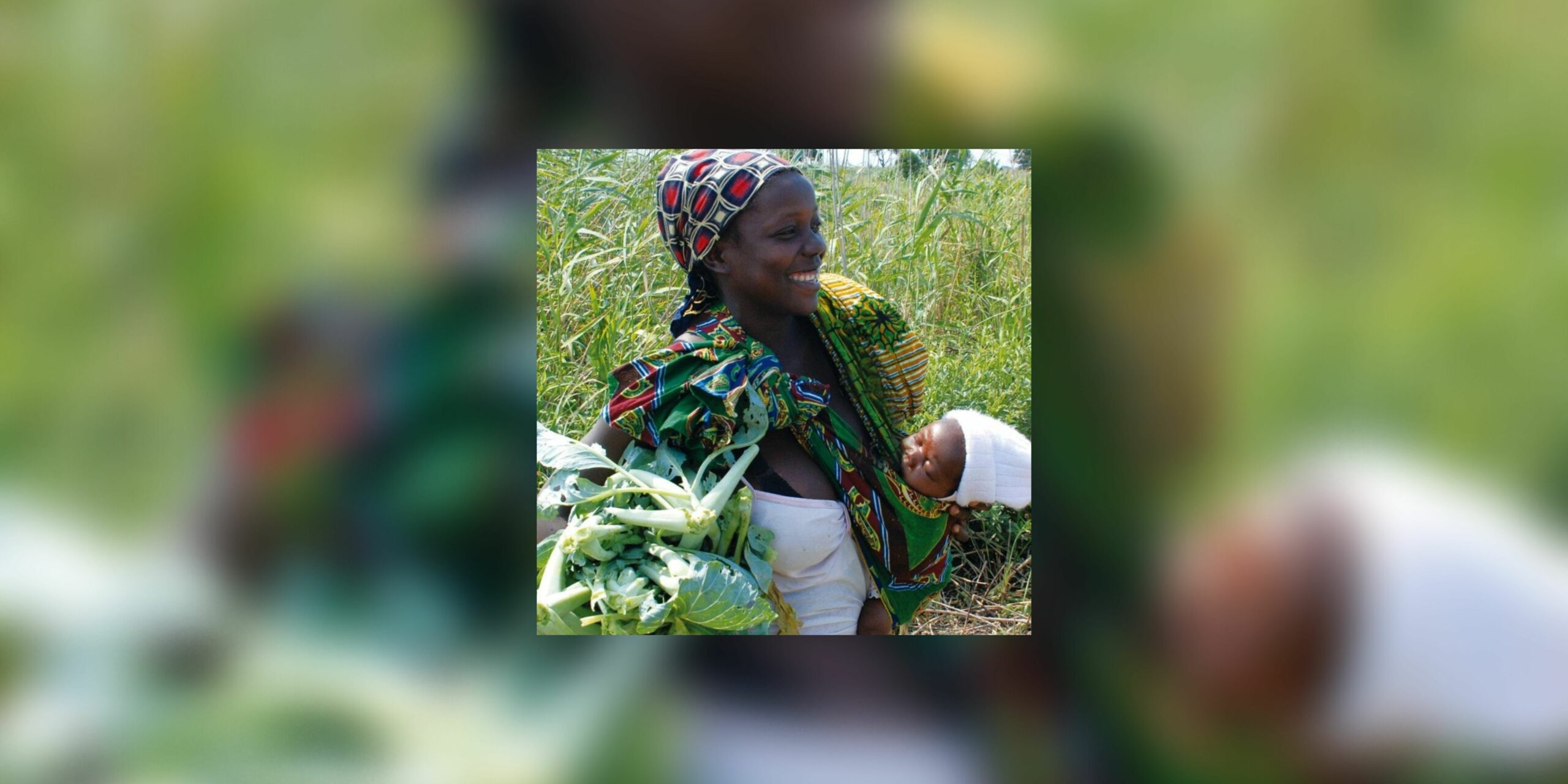Hope in action at the First Global Forum of the UN Decade of Family Farming

The First Global Forum of the United Nations Decade of Family Farming-UNDFF was held from September 19-22. La Via Campesina (LVC) was present as part of its role in the 2nd Vice-Presidency of the International Steering Committee of the UN Decade of Family Farming and as participants during the virtual sessions of the meeting.
The international delegation of peasants representing our movement in the UN space at FAO was emphatic that the inclusion of peasants in food governance bodies must go hand in hand with the recognition of the UN Declaration on the Rights of Peasants and Other People Working in Rural Areas-UNDROP as a guide for the work of all governments committed to peasant farmers, in order to find the most appropriate public policies to overcome the multiple difficulties faced by small-scale producers and enable them to define their own food production systems.
Morgan Ody – a vegetable producer from Bretagne, France and General Coordinator of LVC – expressed the need to build strong public policies to protect and support family farming and to stop those that are harming small-scale producers. She also commented that through the UNDROP Declaration, government decisions can play a key role in four fundamental areas, such as supporting rural women and youth, promoting agroecology, implementing market regulations to guarantee fair prices for producers and consumers, and supporting access to land and water.
In response to these challenges, Marlen Sanchez of the Latin American Coordination of Rural Organizations – CLOC Via Campesina presented the experience of agroecology schools, which have become a means for peasant families to have land and other tangible and intangible assets that are being lost due to the impacts of the green revolution, extractivism and agribusiness.
Paula Gioia, a peasant farmer and member of the steering committee of AbL, a German member organization of LVC, sees the UNDFF as a new opportunity to move towards gender transformative approaches through the UNDROP and the United Nations Declaration on the Rights of Indigenous Peoples (UNDRIP). In this regard, she called for the commitment of governments to take concrete steps towards gender equality.
Arthur Zogan, of the Coordination Togolaise des Organisations Paysannes (CTOP), member of the Central and West Africa region of LVC, expressed the need to increase dialogue with the State, congressmen and allies in order to achieve the adoption of measures and laws in favor of family farming. For their part, our representatives in the International Planning Committee for Food Sovereignty (IPC) presented at the UNDFF Global Forum testified to the problems of young farmers who continue to abandon the countryside due to the imperatives of the climate and the food system, highlighting Family Farming as a solution and as a path to Food Sovereignty.
In the same spirit, Alfredo Campos, board member of the National Confederation of Agriculture (CNA) of Portugal, a member organization of LVC, called on governments to work together with small-scale producers in the development of policies that concern them, so that these are adapted to local needs. “This is the Decade “of”, not “for” family farming, concluded Campos in view of the challenge of engaging governments in strengthening family farming.
The UNDFF Global Forum was also the opportunity to assess the work done in these first three years of implementation and joint work between institutions, researchers and the main actors of the Decade, peasant family farmers, small-scale fisherfolk, forest and mountain inhabitants, indigenous peoples, pastoralist organizations, as well as women and youth who have continued to produce food and fight for food sovereignty. Zainal Arifin, from Serikat Petani Indonesia and member of LVC’s International Coordinating Committee, recalled that about 80% of food is produced by small-scale family farmers, including young farmers, although this critical contribution to society has not led to improved well-being and livelihoods for family farmers, who remain in poverty and hunger. To achieve the goals of the UNDFF Global Action Plan and change this reality, Arifin added, these actors must be included in policies at all levels, while using the UNDROP, UNDRIP and many other global policy instruments to strengthen family farming: “Nothing about us without us. Globalize the struggle, globalize the hope!”, he concluded.
